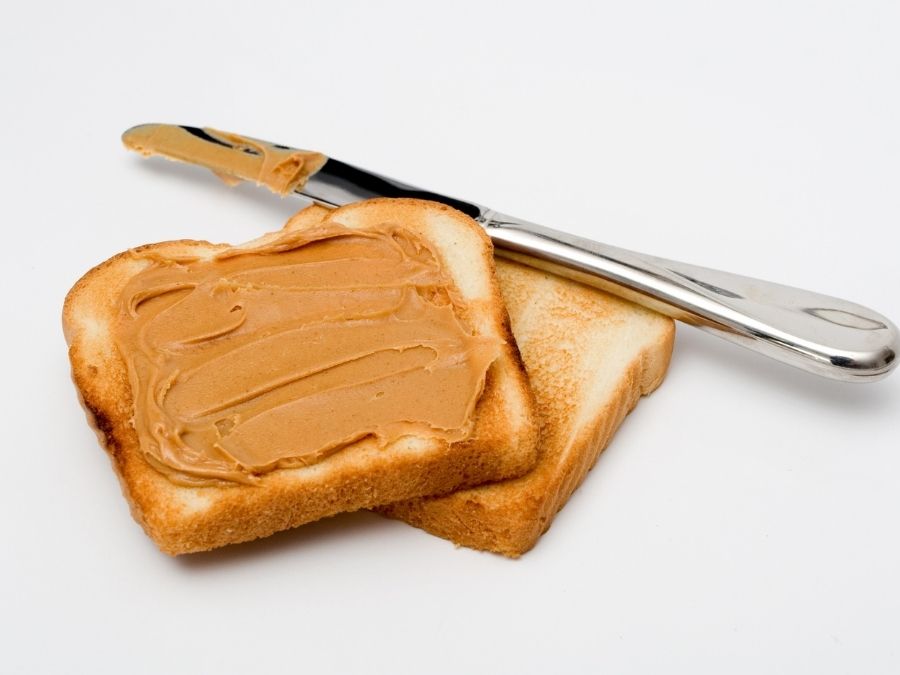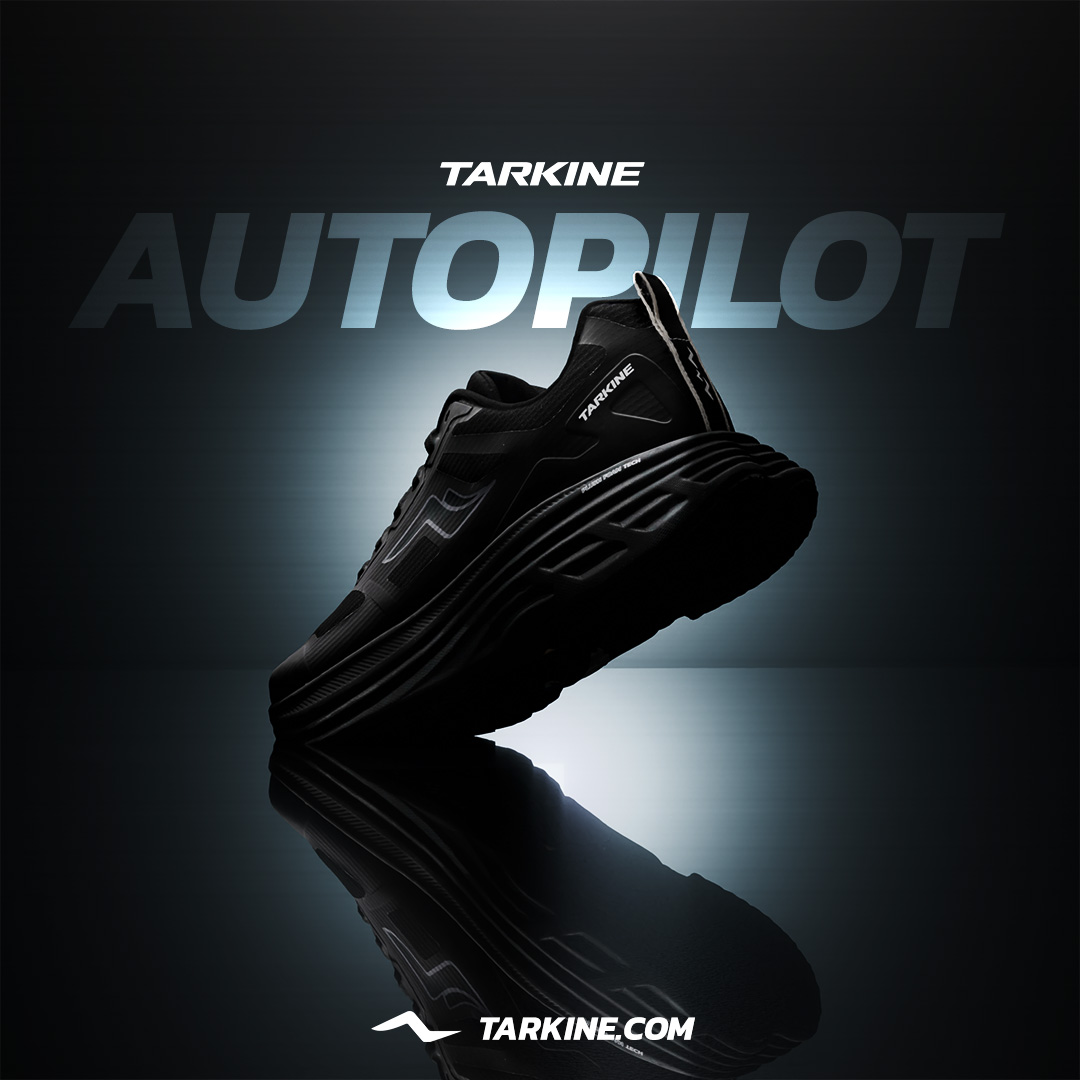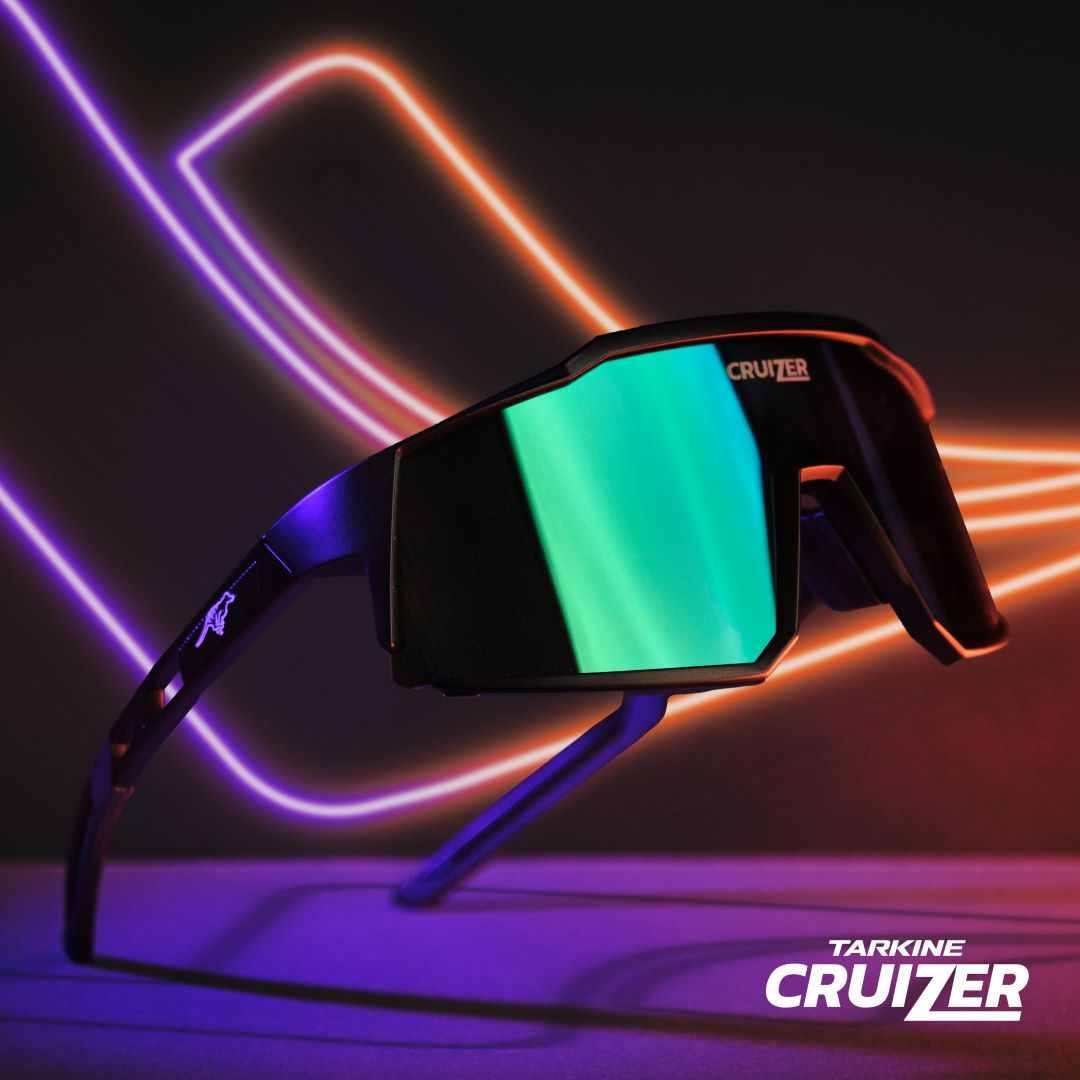For runners, getting miles in is essential, but fueling your body is just as critical for peak performance. Whether you hit the pavement in the morning or after a long day, the timing and type of food you consume can make or break your run. So, when is the best time to eat—before or after a workout?
Why Eating Before Your Run Matters
Skipping food before a run may seem like a time-saver, but it can drastically impact your energy levels. Without enough calories, you risk what’s called “low energy availability,” which can lead to elevated stress hormones, reduced metabolic rates, and a struggle to meet your running goals. Namrita Brooke, Ph.D., R.D.N., sports dietitian and professor at the University of West Florida, warns that running on empty might force you to cut your run short due to fatigue.

Even a small snack, like a granola bar or rice cake, can give you the energy boost needed for shorter, easier runs. For more extended or intense runs, a full meal 90 minutes prior—such as a smoothie packed with carbs and protein—helps you sustain energy and perform better.
How Long and How Hard Are You Running?
Your nutritional needs can change depending on the type of run you have planned:
- Short Runs (less than an hour): If you’re not hungry and the run is light, you can likely skip eating beforehand. Post-run, however, be sure to refuel with a well-rounded meal that includes carbs, protein, and fats to aid recovery.
- Long Runs (more than an hour): For longer distances, eating a balanced meal 90 minutes before heading out is crucial. Brooke recommends fueling with 30 grams of carbs every 30 to 45 minutes during your run, using energy gels or gummies for quick, digestible fuel.
- High-Intensity Workouts: Whether you’re doing intervals or hill sprints, it’s important to eat a carb-based snack before running, even if it’s just a couple of pieces of toast with honey. If your run will exceed 75 minutes, adding more carbs during the session can help you maintain energy levels.
Should You Eat Before Early Morning Runs?
Morning runners often grapple with whether to fuel up before lacing up. While some runners opt for fasted cardio in hopes of burning more fat, research suggests that fasted workouts can negatively impact performance. Studies, such as a 2018 review in the Scandinavian Journal of Medicine and Science in Sports, show that eating before aerobic exercise prolongs stamina and supports metabolism.

Incorporating a small snack like toast with peanut butter or a hard-boiled egg with fruit before your morning run can make a significant difference in your endurance and performance, while also preventing fatigue and hormonal imbalances.
Post-Run Nutrition: Key to Recovery
Your body needs fuel after a workout to begin the recovery process. Without it, you risk delayed recovery and reduced performance in subsequent runs. The “4Rs” of recovery—rehydration, refueling, repair, and rest—should guide your post-run meal. Carbs help replenish glycogen stores, while protein repairs and builds muscles.

Smoothies, peanut butter, and jelly sandwiches, or eggs with toast are excellent options that provide both carbs and protein. Hydration is also vital, with sports drinks offering an easy way to replenish electrolytes lost through sweat.
The Final Word on Fueling for Running
Consistency in your diet is key to staying strong on your runs. Whether you eat before or after running, ensure you’re regularly fueling your body with enough calories, carbohydrates, protein, and healthy fats. A balanced approach to nutrition will keep you energized and ready to conquer every mile.

























